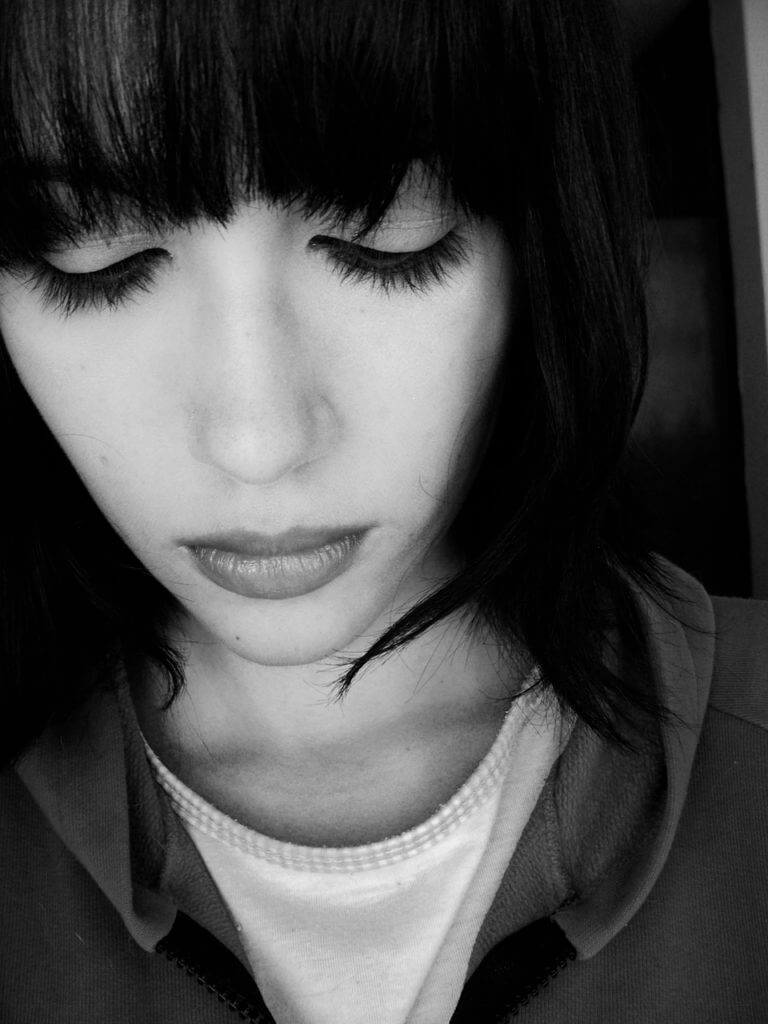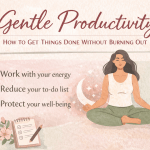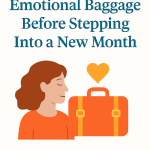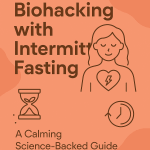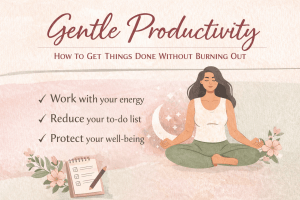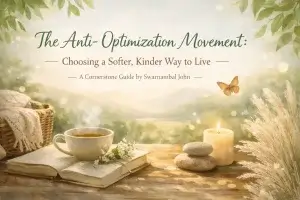Want to know more about winter depression? Take your seat, we’ll discuss it.
Seasonal affective disorder is a type of depression that develops and goes off at certain times of the year. If you suffer from SAD, you’ll start to show symptoms from the fall. These symptoms may continue and get worse during the winter months. Some might experience SAD at different times of the year.
Symptoms
SAD symptoms include
· Little energy
· Increased sleep
· Weight gain
· Depressed mood and thoughts
· Trouble in relationship
· Feeling of heaviness in limbs with lack of desire to move and be active
· In severe cases thoughts of harming yourself or others
Causes of SAD
Your biological clock:
The low level of sunlight in fall and winter can cause winter-onset SAD. The shorter days and decreased exposure to sunlight can lead to changes in your brain chemicals.
Serotonin levels
A drop in neurotransmitter serotonin might play a role.
Melatonin levels
Changes in the season can affect your body’s level of melatonin. It plays an integral part in sleep patterns and mood.
Top Ways to Fight SAD
Take a hike
If you spend time outdoors, it helps to ease symptoms of SAD. Try to get outside within two hours of waking up.
Talk it out
Research studies show that cognitive behavioral therapy is effective as light thereby in treating seasonal affective disorder.
Light
Exercise and physical activity are essential in treating SAD. You can do the physical activity in the sunlight to boost up your natural lighting benefits. Home light therapy can also be beneficial. Using full-spectrum light bulbs that are like sunshine might increase your light exposure.
You can set up the lamp on a timer in your bedroom to turn on slowly and early in the morning. Sit in a well-lit place in your home to get natural sunlight.
Supplements
You can talk with your pharmacist about supplements or vitamins for treating or preventing SAD. Supplements that may be available your local pharmacy include
· St. John’s wort,
· Vitamin D,
· Melatonin,
· 5HTP,
· Threonine,
· Omega-3 fatty acids
Supplements can cause drug interactions with the medicines you’re already taking. So you can talk to your doctor or pharmacist about it.
Pop a pill
Antidepressants help to control your mood and energy. You can consult a psychiatrist if you find medication as a treatment option. A medical health professional can also give you counseling.
Snag a bowl of sunshine
Complex carbohydrates help to maintain the levels of serotonin. So include carbs in moderation. Include healthy foods such as fatty fish, fortified milk, and egg yolks. They are rich sources of vitamin D. Healthy snacking choices include popcorn, pretzels, and shredded wheat squares.
Eating healthier carbs, like brown rice, lentils, and potatoes may help fight that symptom of winter depression.
If you or someone you know suffers from SAD, try to get help quickly. You can call 911. You can also check for SAD by neurotransmitter and hormone testing from your local pharmacy. The pharmacist can recommend OTC supplements or medications for your doctor to prescribe.
SAD could be dangerous, so don’t take it lightly. Seek help immediately.
Take care,
Swarnam
Swarnam

